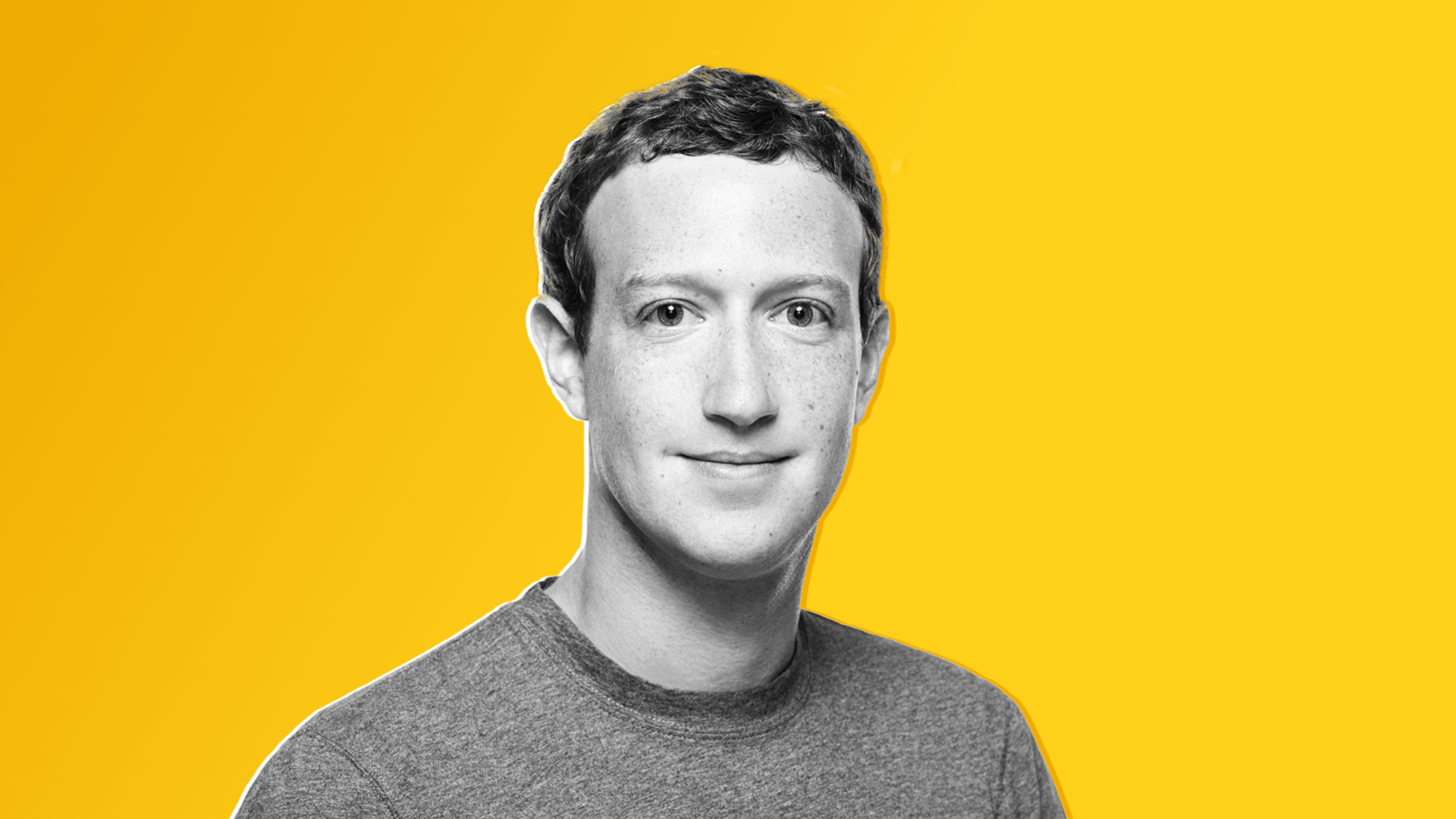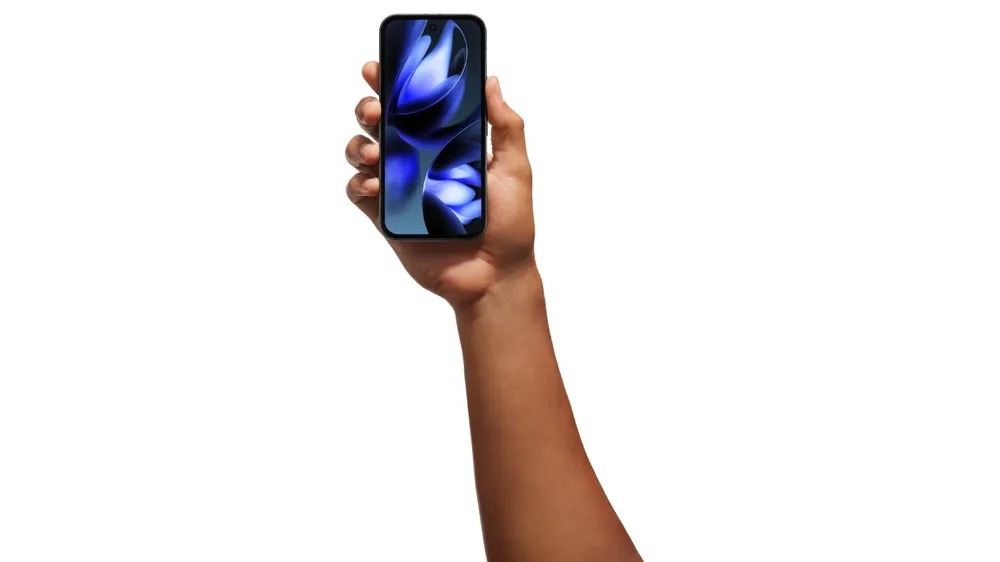Mark Zuckerberg shares an important message about the future of AI
Zuckerberg believes AI should be open (source) to change

In an essay shared to the Meta blog on Tuesday, Meta CEO and Facebook founder Mark Zuckerberg took a moment to personally introduce the company's latest Llama 3 model before making his case on how the future of AI should be shaped.
Zuckerberg's essay seeks to challenge the mindset of companies like Google and ChatGPT developer OpenAI by highlighting the benefits of adopting an open source standard for AI — claiming that "Open source is necessary for a positive AI future."
Take a page out of Unix's book
Zuckerberg opens his essay by highlighting the perfect example of an open source success story: Unix.
Unix is a family of operating systems that date back to the 1960s, Zuckerberg highlights how major tech companies invested heavily in creating proprietary versions of Unix. These locked-down systems may have encountered various levels of success, but it was the emergence of the open source Linux, released in 1991, that revolutionized the platform.
In what may have started out as something of an enthusiast novelty, open source Linux's allowances for developers to alter and add to its code quickly enabled it to become more secure, enriched its capabilities, and overall resulted in a platform that offered more than any close Unix system could.
Open source flipped the script for Unix systems, though this isn't the only instance of open source software succeeding. Look around at some of the most popular alternatives for various pieces of software and you're likely to find fantastic free open source alternatives.
LibreOffice provides an open source alternative to suites like Microsoft 365 and Google Workspace, VLC Media Player is an essential media player that everyone should have installed and is also open source, the lightweight GIMP photo and image editor provides a handy Adobe Photoshop alternative, and browsers like Brave and Firefox offer open source portals to the web that counter Google Chrome and Microsoft Edge.
Stay in the know with Laptop Mag
Get our in-depth reviews, helpful tips, great deals, and the biggest news stories delivered to your inbox.
What's good for the goose...
Zuckerberg's argument comes from a place of experience. As he points out "Meta has a long history of open source projects and successes. We've saved billions of dollars by releasing our server, network, and data center designs with Open Compute Project and having supply chains standardize on our designs."
On showcasing the development benefits of switching to open source, Zuckerberg points to the rapid improvements to Meta's Llama AI model (whose starting code and model weights were made freely available for research and commercial use), revealing "Last year, Llama 2 was only comparable to an older generation of models behind the frontier. This year, Llama 3 is competitive with the most advanced models and leading in some areas."
Meta's Llama model powers its Meta AI LLM (Large Language Model), which is currently used in services such as WhatsApp, Instagram, Facebook, Messenger, and even the company's Ray-Ban Meta Smart Glasses. Meta AI is also set to debut on Quest 3 headsets from next month.
The newly released Llama 3 will be the first "frontier-level open source AI model," showcasing Meta's desire to walk the walk and not just talk the talk. As Zuckerberg makes clear "Meta is committed to open source AI," believing that "open source AI is good for the world and therefore a platform that will be around for the long term."
Finally, something Elon Musk won't want to fight over
Zuckerberg's stance on open sourcing AI development will no doubt be one of the few things that he and long-time jibe jouster Elon Musk.
Despite a recent rehash of his (admittedly jesting) claims to be open to fighting the Meta CEO "Any time, any place, any rules," Musk is another figurehead in the desire to see AI development adopt the open source principles — with his own xAI Grok model switching to open source in March.
Musk is also responsible for filing a lawsuit against ChatGPT developer OpenAI (of which he was an early investor of before leaving the board in 2018), claiming that it had failed to live up to an agreement that would see its breakthroughs in AI made "Freely available to the public."
Musk claims that heavy investment from Microsoft (totalling $13 billion as of Dec. 2023) has led to the company abandonning its founding principals, morphing into a "closed-source de facto subsidary" of the Windows developer. Something that OpenAI, which does not practice open source with its models, claimed to be "Frivolous" and "Incoherent." Musk has since withdrawn his lawsuit, though an ongoing fued between himself and OpenAI
More from Laptop Mag
- Meta Quest 3 beats Apple Vision Pro as first mixed-reality headset to adopt AI
- Meta to unveil new smart glasses this year after Threads post outs its AR frames
- OpenAI hack revealed as ChatGPT flaws exposed: Is your data at risk?

Rael Hornby, potentially influenced by far too many LucasArts titles at an early age, once thought he’d grow up to be a mighty pirate. However, after several interventions with close friends and family members, you’re now much more likely to see his name attached to the bylines of tech articles. While not maintaining a double life as an aspiring writer by day and indie game dev by night, you’ll find him sat in a corner somewhere muttering to himself about microtransactions or hunting down promising indie games on Twitter.










